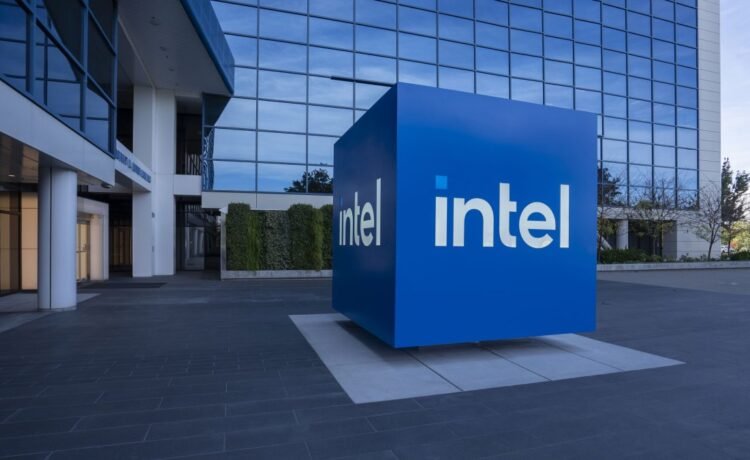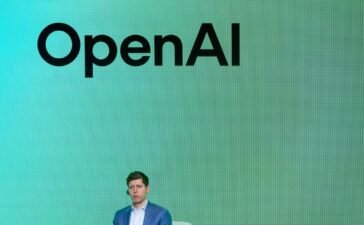Intel is effectively killing Falcon Shores, its next-generation GPU for high-performance computing and AI workloads.
The move comes as Intel tries to correct course after a number of disappointing product launches and historic losses, while competitors like AMD and Nvidia gain ground.
Intel co-CEO Michelle Johnston Holthaus said during the company’s fourth-quarter earnings call Thursday, the company will “leverage Falcon Shores as an internal test chip, without bringing it to market.”
“AI data center […] is an attractive market for us,” Holthaus said during an earnings call Thursday. “[B]ut I am not happy with where we are today. We’re not yet participating in the cloud-based AI data center market in a meaningful way […] One of the immediate actions I have taken is to simplify our roadmap and concentrate our resources.”
The focus instead will be on Jaguar Shores, which Holthaus called Intel’s opportunity to “develop a system-level solution at rack scale […] to address the AI data center more broadly.”
Holthaus tempered expectations for Falcon Shores last month, when she implied that it was an “iterative” step over the company’s previous dedicated AI data center chip, Gaudi 3.
“We really need to think about how we go from Gaudi to our first generation of Falcon Shores, which is a GPU,” Holthaus said in an appearance at the Barclays Global Technology Conference. “And I’ll tell you right now, is it going to be wonderful? No, but it is a good first step.”
Gaudi 3 is was widely seen as a miss for Intel. In November, the company said it would be unable to meet its goal of $500 million in Gaudi 3 sales due to software issues. Today, few major service providers beyond IBM have committed to using the chip.
Intel faces an uphill battle in the AI data center chip space. Rival AMD expects to make around $7 billion in AI chip revenue in 2025, while Nvidia, the AI chip firm to beat, could hit $195 billion in revenue in fiscal 2026, according to some analysts.
“As I think about our AI opportunity, my focus is on the problems our customers are trying to solve, most notably the need to lower the cost and increase the efficiency of compute,” Holthaus said. “As such, a one-size-fits-all approach will not work, and I can see clear opportunities to leverage our core assets in new ways to drive the most compelling total cost of ownership across the continuum.”
You Might Also Like
Chinese marketplace DHgate becomes a top US app as trade war intensifies
The Trump trade war has gone viral on TikTok, pushing a Chinese e-commerce app, DHgate, to the top of the...
Hertz says customers’ personal data and driver’s licenses stolen in data breach
Car rental giant Hertz has begun notifying its customers of a data breach that included their personal information and driver’s...
OpenAI plans to phase out GPT-4.5, its largest-ever AI model, from its API
OpenAI said on Monday that it would soon wind down the availability of GPT-4.5, its largest-ever AI model, via its...
Google’s newest AI model is designed to help study dolphin ‘speech’
Google’s AI research lab, Google DeepMind, says that it has created an AI model that can help decipher dolphin vocalizations,...










